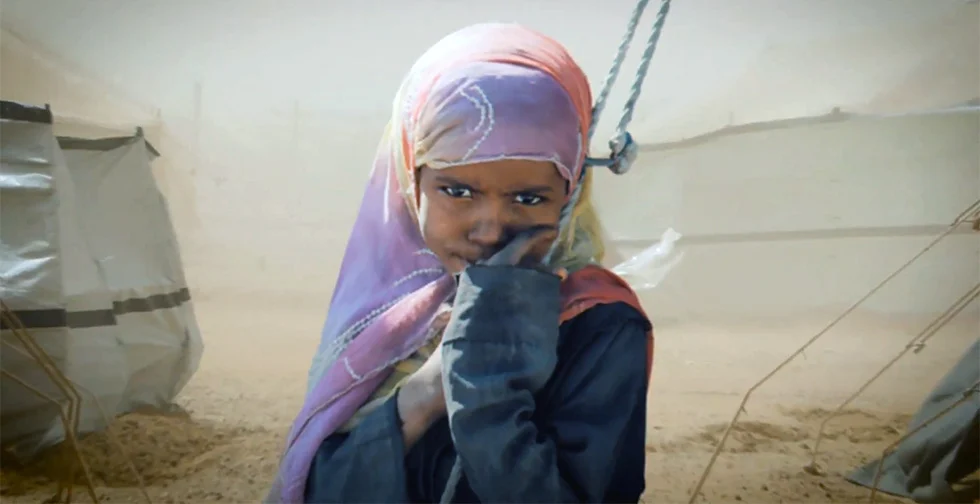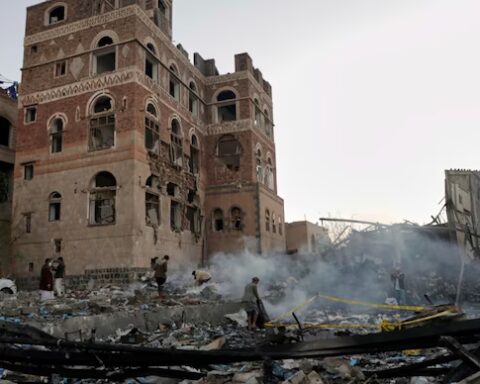Cairo, 25 March 2023 – With 8 years of protracted conflict and humanitarian crisis, over two thirds of Yemen’s population – 21.6 million people – are in acute need of humanitarian assistance, including over 20 million people requiring urgent health assistance.
The country’s health system continues to fall short of meeting the population’s needs. Only 54% of health facilities are fully functioning, while 46% are only partially operating or entirely out of service.
“The world cannot continue to ignore Yemen. We call on expanded and sustained international support to health systems and the brave frontline health workers. I witnessed firsthand the suffering, illness and death of innocent civilians caught up in this crisis when I visited the country. Our ultimate goal is to build safer and healthier future for all Yemenis. Yet health cannot be attained without peace. Peace is possible and it is the only solution, but it needs everyone’s commitment,” says Dr Ahmed Al-Mandhari, WHO Regional Director for the Eastern Mediterranean.
Overstretched health facilities are barely providing the most basic services as they struggle with lack of staff, funds, electricity, medicines, supplies and medical equipment.
Health workers are paid less than in previous years due to the severe funding shortfall, leaving health facilities facing a continuous decline in health capacities. Yemeni health workers have been serving selflessly. Millions of children and families depend on them for hope, healing and survival.
The war – with its distressing stories of the destruction of homes, loss of lives, youth disabled, displacement and economic deterioration, compounded by the COVID-19 pandemic, cholera and other outbreaks, and recurrent natural disasters – has taken an enormous toll on people’s resilience and their mental health.
The World Health Organization (WHO), together with its Health Cluster partners in Yemen, is appealing for US$ 392 million to reach 12.9 million people with essential health assistance in 2023.
WHO’s longstanding response, with the support of donors and partners, to the health crisis in Yemen has been instrumental in saving lives and averting the imminent collapse of the health system through an integrated approach to sustaining priority health interventions.
These include: supporting over 4500 health care facilities and national laboratories with supplies, medicines, fuel, water, sanitation and hygiene services; coordinating the national Health Cluster; keeping therapeutic feeding centres operational; and strengthening disease surveillance to respond to all infectious disease outbreaks.
Moreover, WHO has been able to improve the delivery of mental health and psychosocial support services. Since 2021, more than 3500 health care staff, first responders, frontline workers, schoolteachers and child protection and gender-based violence case managers have been trained in mental health and psychosocial support.
WHO remains fully committed to supporting the health and welfare of the Yemeni people under its regional vision of health for all by all, and calls for solidarity and action. During a period of multiple crises and pressing needs across the Region and the planet, WHO appeals for greater attention to the continued plight of the people of Yemen and calls for more assistance to address one of the world’s most neglected crisis.






